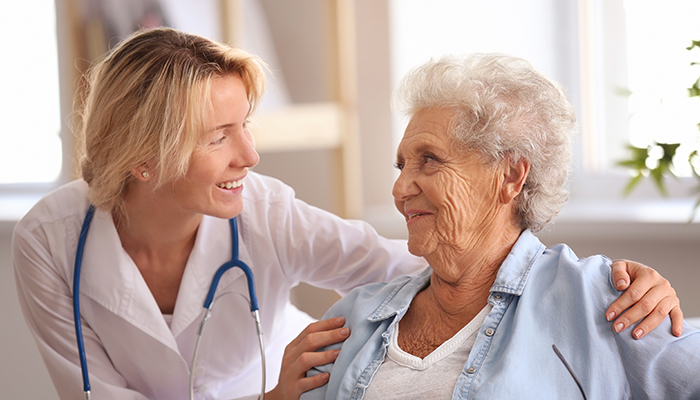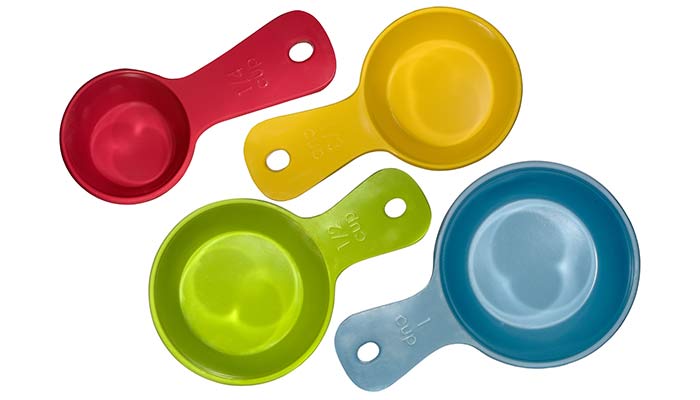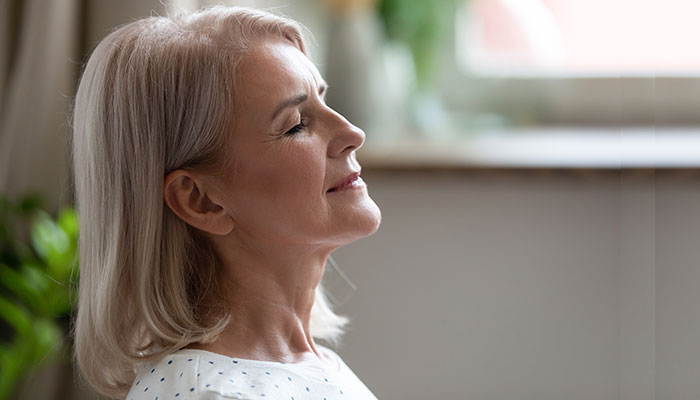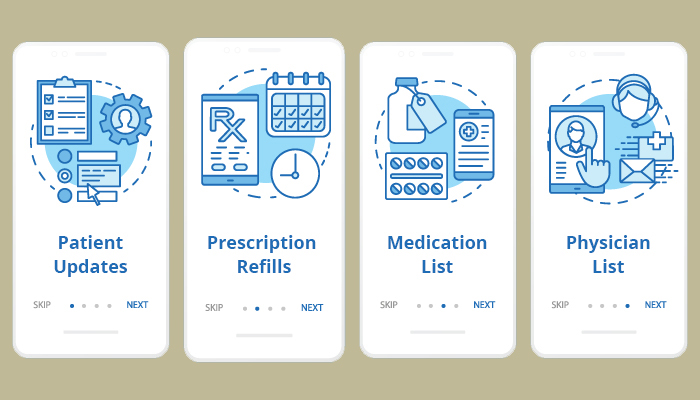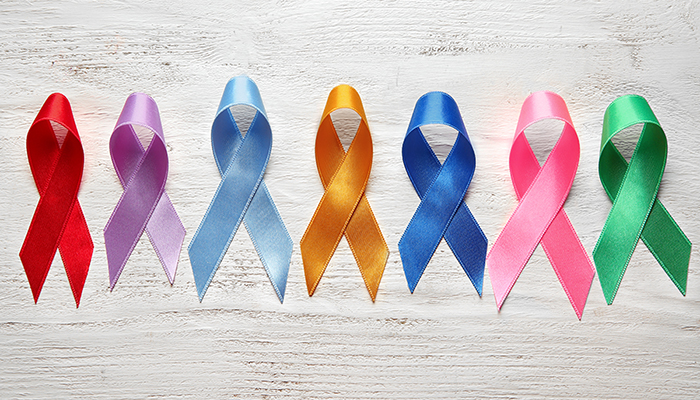
Has your loved one been diagnosed with cancer? The vast majority (67%) of people with cancer live for another five years or more. A cancer is considered “stable” or “controlled” when tumors shrink or at least temporarily stop growing. This is not the same as being cured—no tumors—but it does make cancer more of a manageable chronic disease, like diabetes or asthma.

